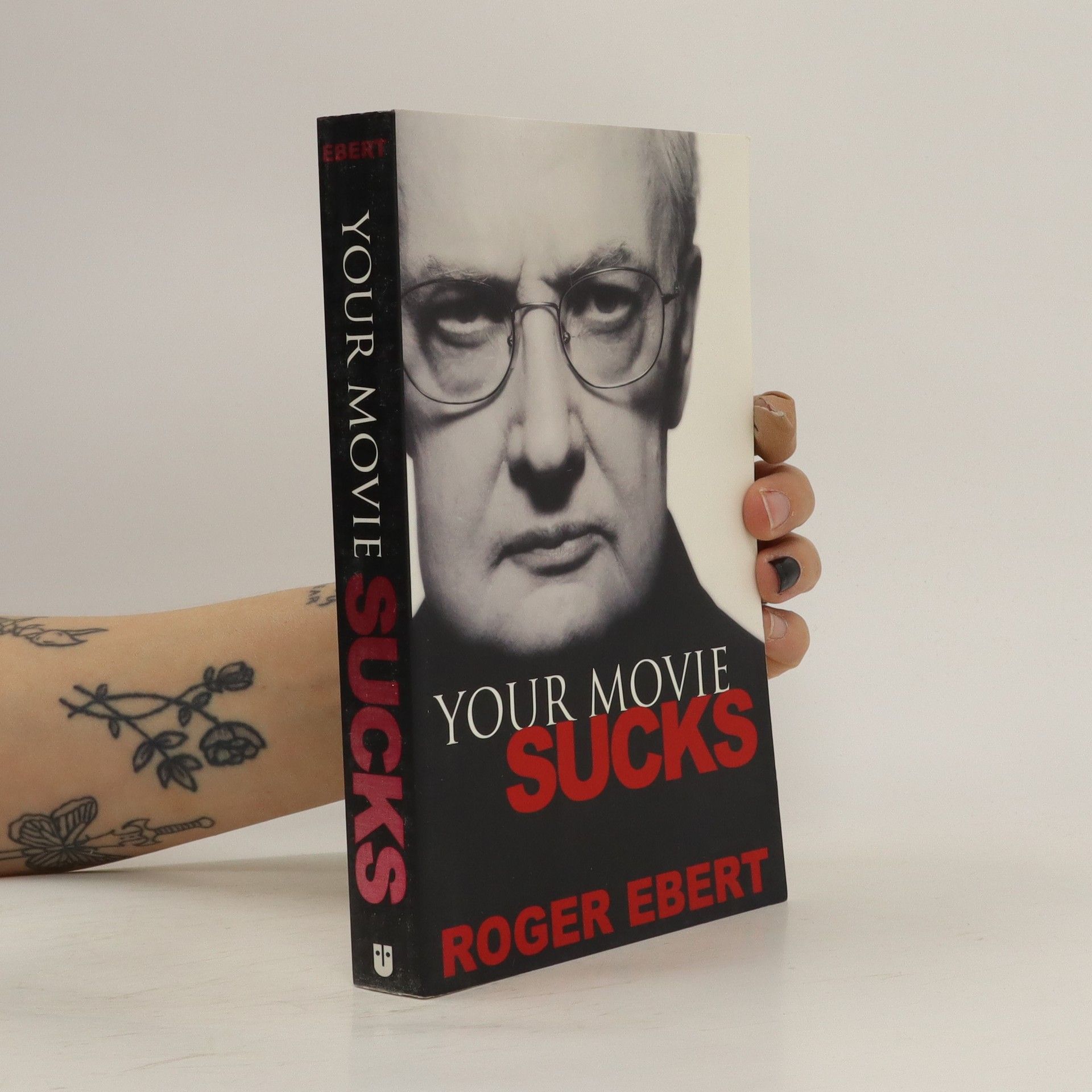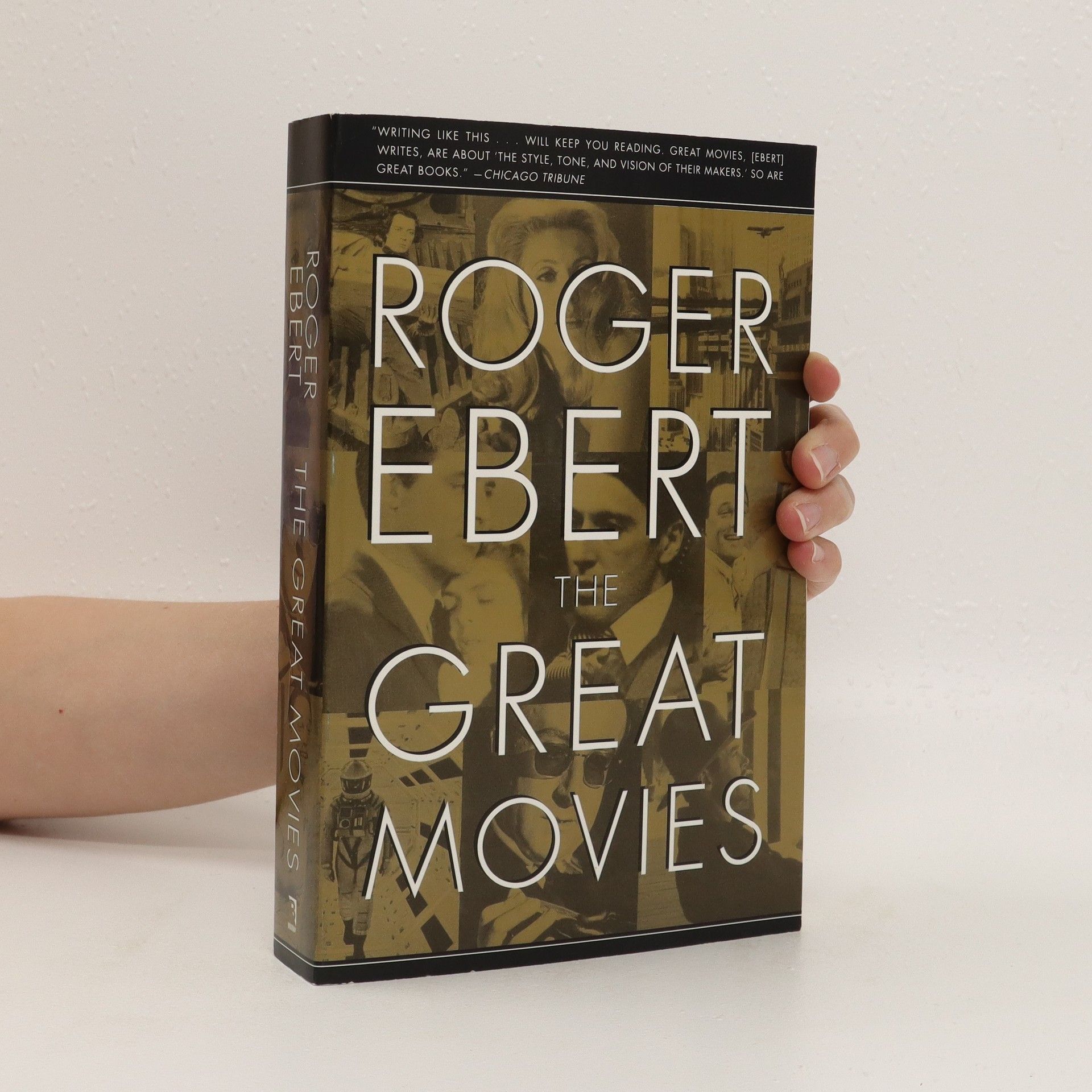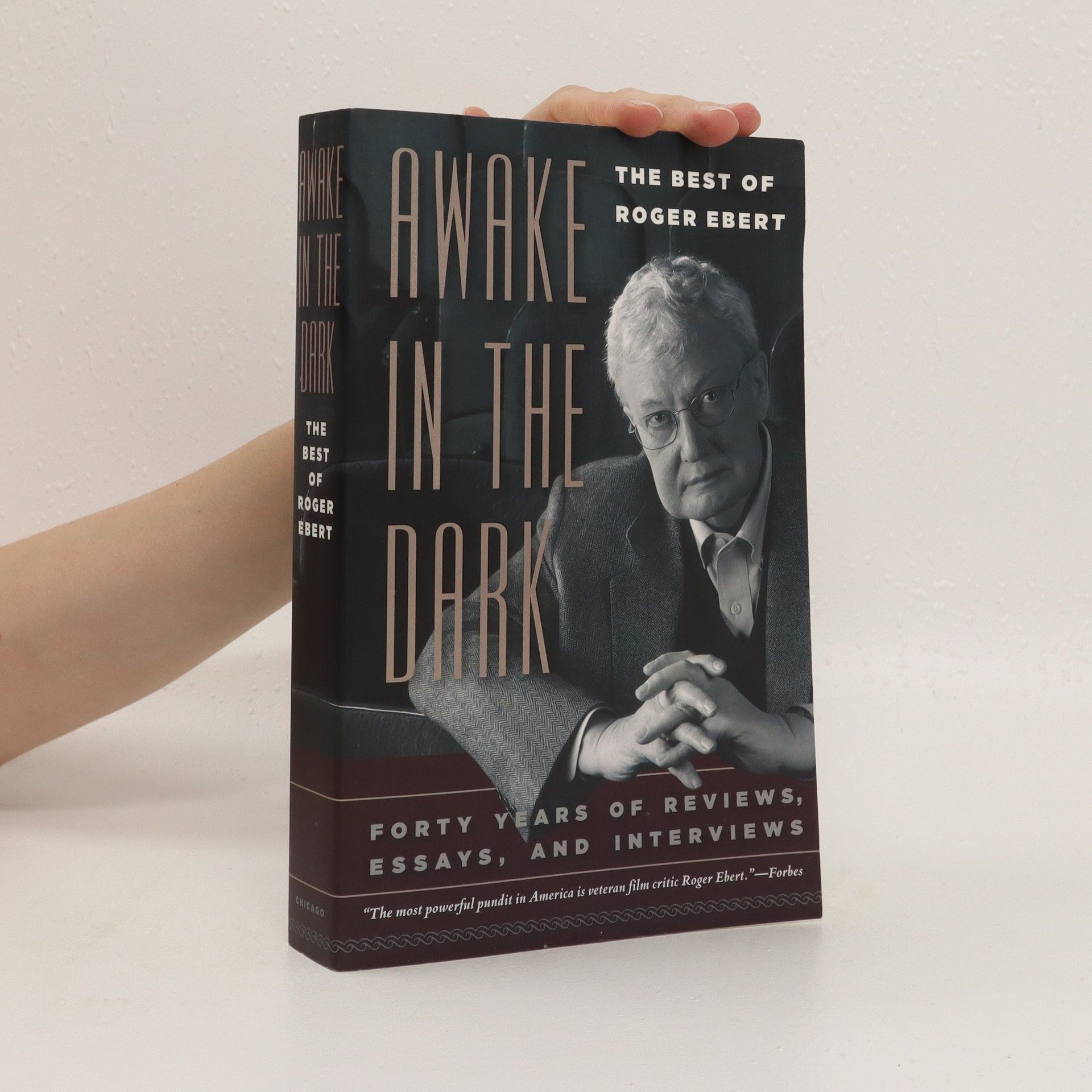A Horrible Experience of Unbearable Length: More Movies That Suck
- 384 Seiten
- 14 Lesestunden
Presents scathing reviews for over two hundred movies that the reviewer has given a rating of two stars or fewer since 2006.
Roger Ebert war ein gefeierter Filmkritiker und Drehbuchautor, der mit einem Pulitzer-Preis ausgezeichnet wurde. Er wurde bekannt für seine regelmäßigen Filmrezensionen, die sowohl in Zeitungen als auch online veröffentlicht wurden, sowie für seine langjährige Tätigkeit in Fernsehprogrammen, die dem Kino gewidmet waren. Seine Arbeit zeichnete sich durch ein tiefes Verständnis des Filmemachens und die Fähigkeit aus, ein breites Publikum anzusprechen. Er kuratierte auch eine Reihe von „Großen Filmen“, die eingehende Analysen der bedeutendsten Filme der Geschichte boten. Sein Einfluss auf die Filmkritik war beträchtlich und seine Einblicke wurden von Lesern und Filmemachern gleichermaßen geschätzt.






Presents scathing reviews for over two hundred movies that the reviewer has given a rating of two stars or fewer since 2006.
The book has garnered significant acclaim, becoming a bestseller on The New York Times list. It features compelling characters and a gripping plot that explores intricate themes, drawing readers into a captivating narrative. The author skillfully weaves together elements that resonate with a wide audience, ensuring an engaging reading experience. With its rich storytelling and thought-provoking content, this book stands out as a must-read in contemporary literature.
A collection of essays on the creme de la creme of the silver screen, each one a model of critical appreciation and a blend of love and analysis that sends readers back to the films with a fresh set of eyes and renewed enthusiasm.
"Arriving fifty years after Ebert published his first film review in 1967, this second edition of Awake in the Dark collects Ebert's essential writings. Featuring new Top Ten Lists and reviews of the years' finest films through 2012, this edition allows both fans and film buffs to bask in the best of an extraordinary lifetime's work."--Provided by publisher.
Roger Ebert's latest collection continues his tradition of scathing movie reviews, focusing on films that are not just bad, but truly abysmal. Among the highlights is his take on Deuce Bigalow: European Gigolo (0 stars), which sparked controversy in February 2005. Rob Schneider, the film's star, took offense when a Los Angeles Times critic suggested that the film was among those overlooked for awards while studios funded countless sequels. Schneider retaliated with full-page ads attacking the critic, claiming he had never won any journalistic awards and implying that the critic lacked the credibility to judge his work. Schneider, who was nominated for a Razzie for Worst Supporting Actor, argued that the critic's lack of accolades disqualified him from criticizing the film's financing over more acclaimed projects. Ebert, a Pulitzer Prize winner himself, interjects his authority into the debate, firmly stating that, in his qualified opinion, Schneider's movie is indeed terrible. This exchange exemplifies the sharp wit and critical insight that Ebert brings to his reviews, making this collection a must-read for fans of film and critique alike.
A new compilation of one hundred essays by the film critic presents his analyses of the films that epitomize the finest examples of cinematic art.
Presents a collection of essays that combine history, analysis, and love for movies covering such films as "All About Eve," "Casablanca," "Lawrence of Arabia," and "Schindler's List."
David O. Selznick was a unique figure in the golden Hollywood studio era. He produced some of the greatest and most memorable American films ever made--notably, Rebecca, A Star Is Born, Anna Karenina, A Farewell to Arms, and, above all, Gone With the Wind. Selznick's absolute power and artistic control are evidenced in his impassioned, eloquent, witty, and sometimes rageful memos to directors, writers, stars and studio executives, writings that have become almost as famous as his films. Newsweek wrote, I can't imagine how a book on the American movie business could be more illuminating, more riveting or more fun to read than this collection of David Selznick's memos.
The National Society of Film Critics Sound Off on the Hottest Movie Controversies
A collection of essays on the most hotly debated films features discussions on Spike Lee, Oliver Stone, the ratings war, and the war of the sexes by such critics as Pauline Kael, Roger Ebert, and Terrence Rafferty. Original.